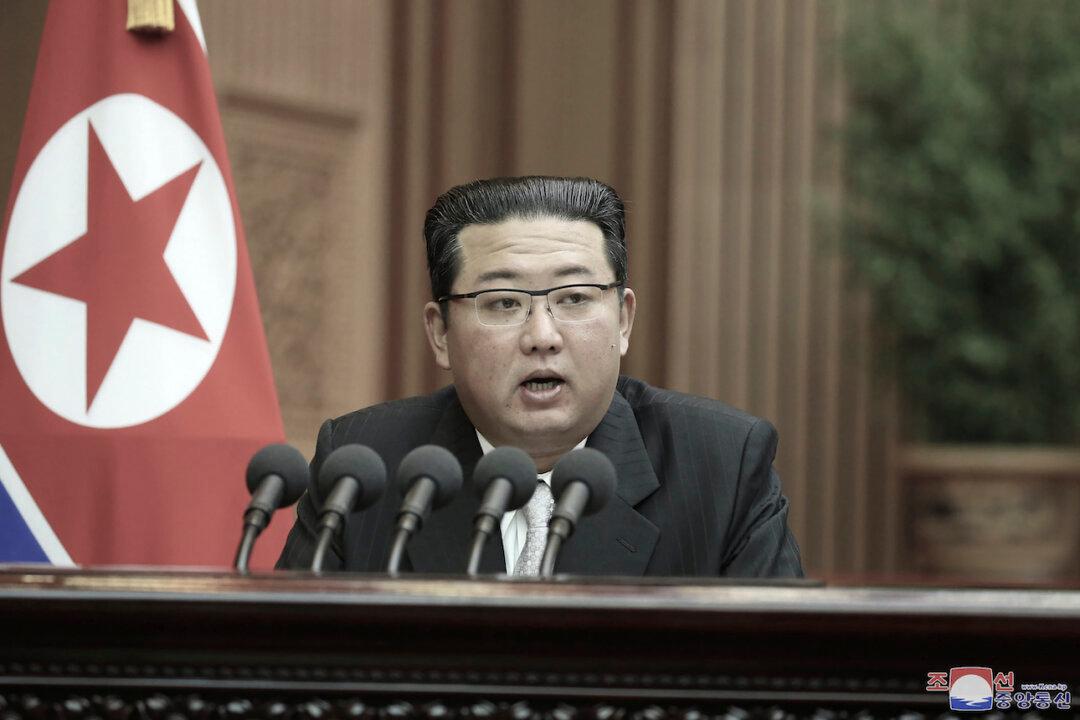North Korean leader Kim Jong Un on Sept. 30 expressed a willingness to restore dormant communications with South Korea, days after Seoul called on Pyongyang to do so.
His remarks come just days after North Korea fired a newly developed hypersonic missile toward the Sea of Japan off its east coast, marking its third weapons test in just over two weeks.




